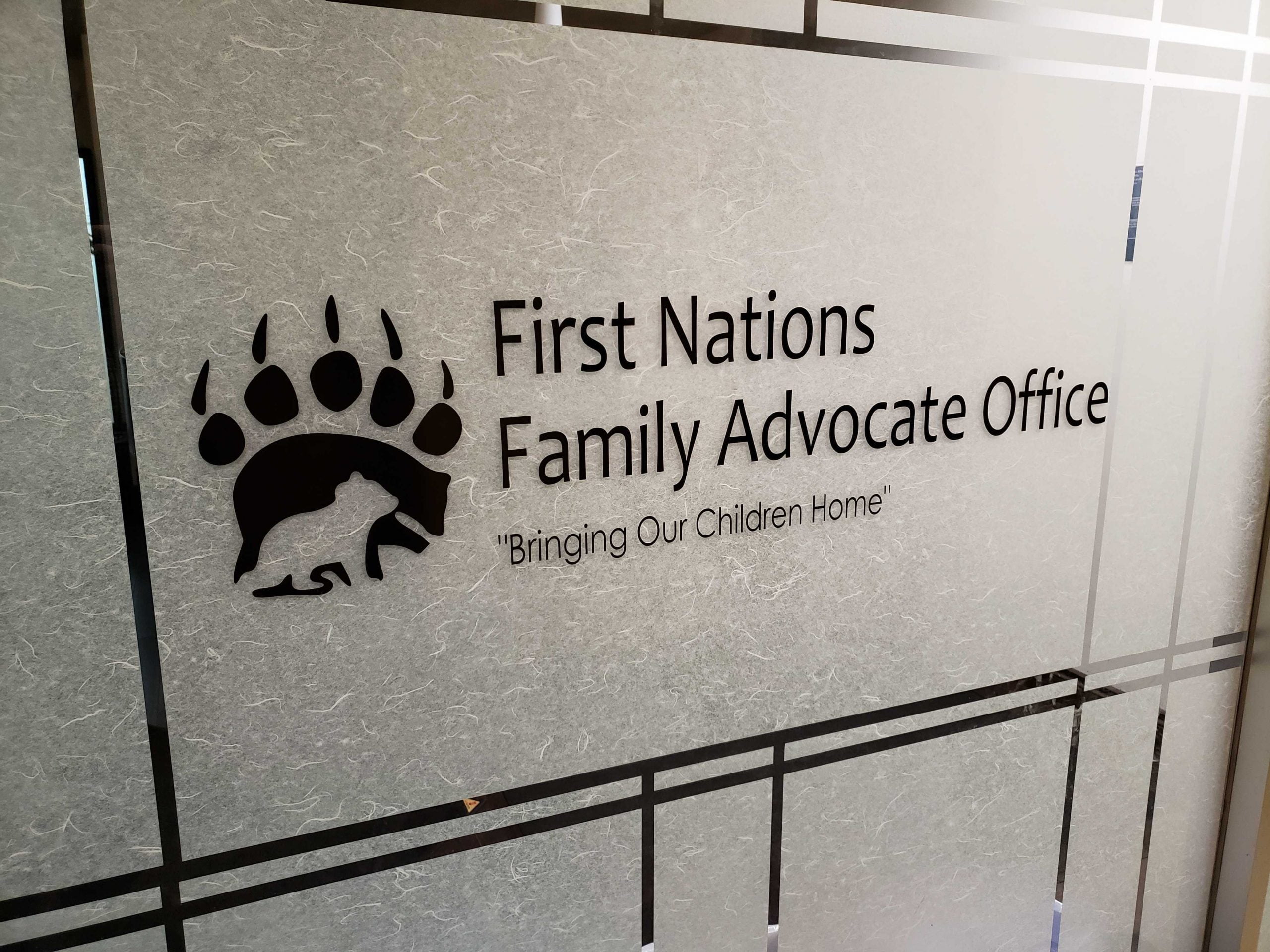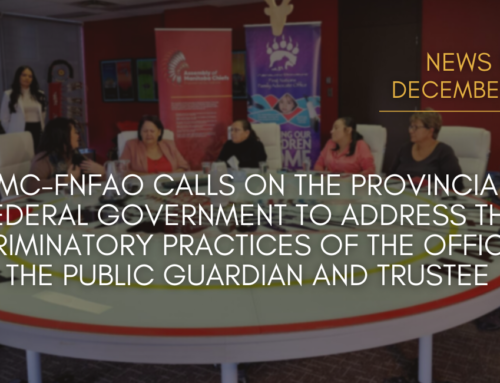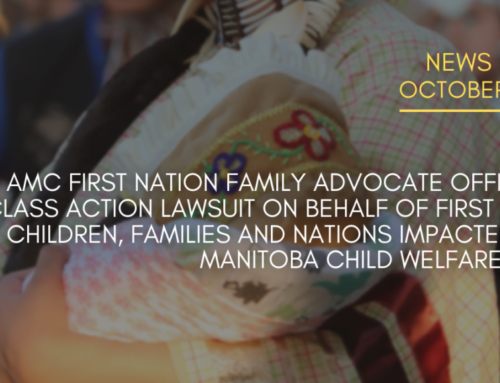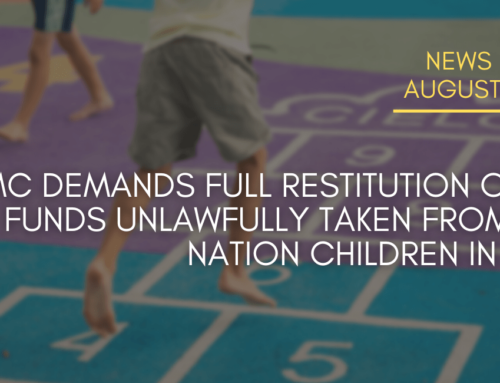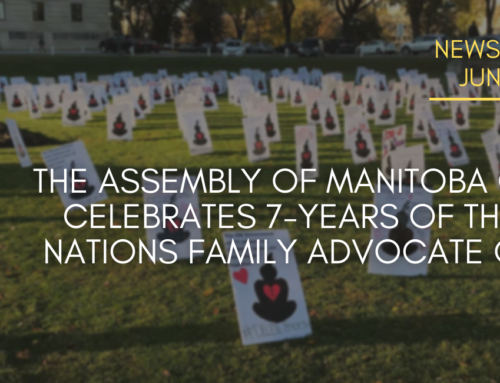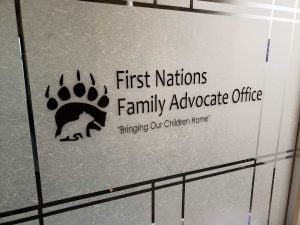 Treaty One Territory – The First Nations Family Advocate Office (FNFAO) issues the following statement in response to the CBC News article published March 24, 2022 “Women should be outraged today:’ city hall delays bylaw that would fine taxi drivers for harassment”.
Treaty One Territory – The First Nations Family Advocate Office (FNFAO) issues the following statement in response to the CBC News article published March 24, 2022 “Women should be outraged today:’ city hall delays bylaw that would fine taxi drivers for harassment”.
Cora Morgan, First Nations Family Advocate stated, “There are still ongoing concerns from many First Nations individuals, especially First Nations women who have experienced ongoing harassment and discrimination when utilizing taxi services in Winnipeg”.
In September 2021, a young First Nations woman suffered a violent attack by a Unicity Taxi Ltd driver. Many local advocates called for a boycott of taxi services to demonstrate solidarity with First Nations women and girls in light of the ongoing crisis of Missing and Murdered Indigenous Women, Girls and Two-Spirit kin. Taxi drivers and their respective companies must be held to a higher standard of care in their profession due to the nature of their work, and how they engage with the public.
In July 2019, First Nations leadership in Manitoba passed a resolution which called on all levels of government to ensure legal protections are in place for First Nations women and girls who are at an increased risk of violence in these interactions. Many First Nations citizens opt for alternatives for their transportation needs due to fear of potential harassment or being denied service.
“First Nations citizens deserve a mechanism that ensures their safety while utilizing taxi services. This by-law is an opportunity to ensure accountability with taxi drivers who have acted inappropriately with their customers, and an avenue to seek justice should they receive poor treatment. This could also serve as a preventative legislation which encourages better behaviour for drivers who unfortunately have yet to face significant consequences for their deplorable actions against vulnerable First Nations women and girls” concluded Cora Morgan.
The FNFAO fully supports a constructive by-law which ensures accountability to taxi drivers in providing safe, reliable service to all their customers, but in particular First Nations women and girls who have faced harassment in these scenarios for too long.


